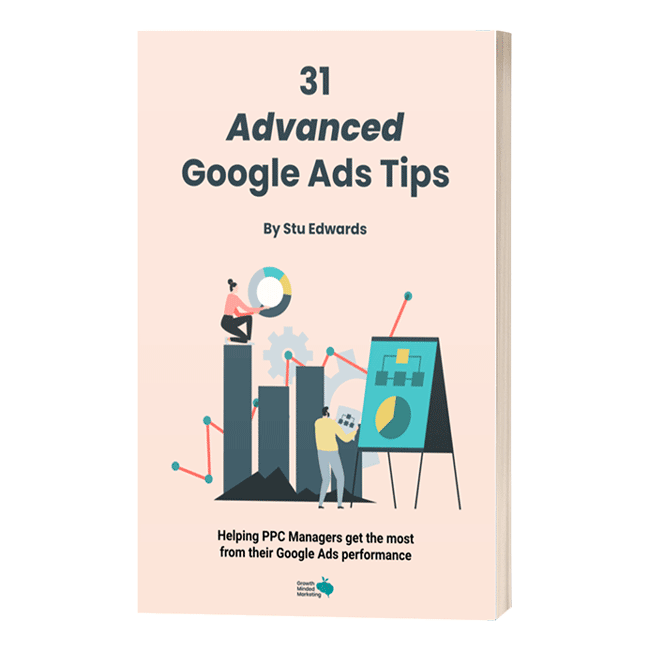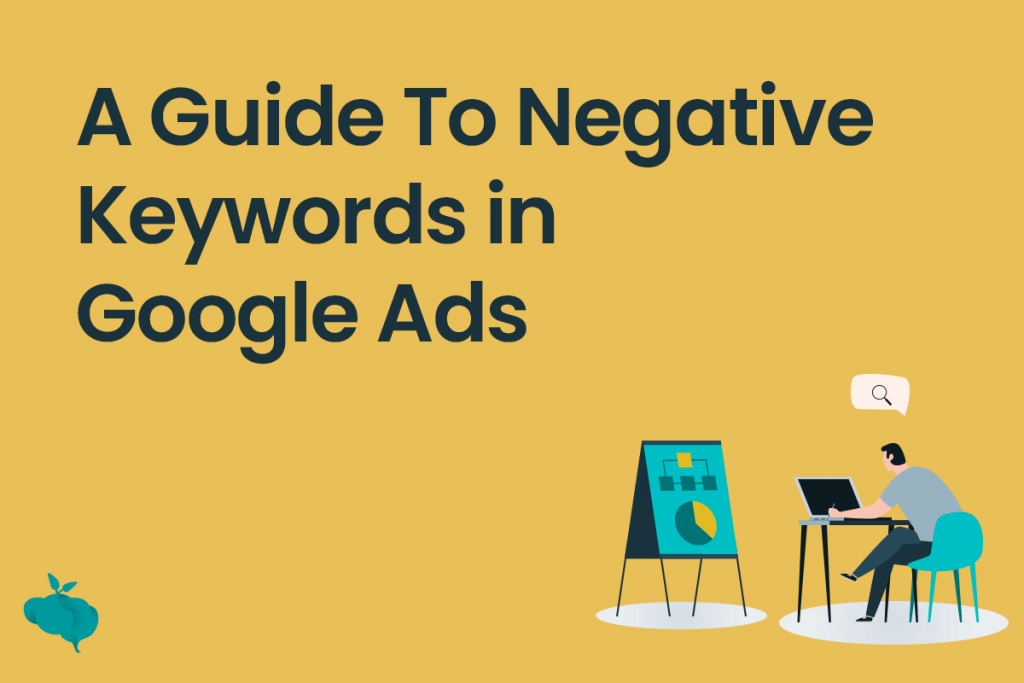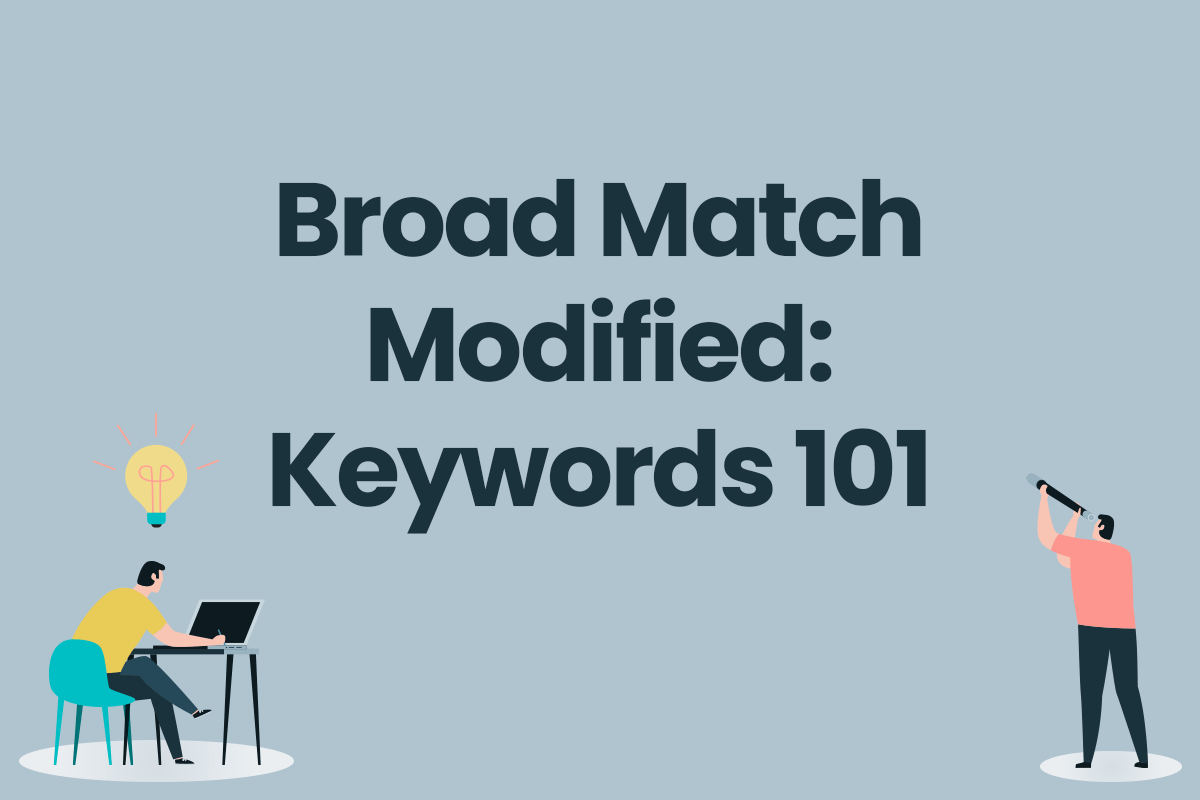What Are Negative Keywords in Google Ads?
A negative keyword is a type of keyword that prevents your ad from being triggered by a particular phrase or word. Your ads are not shown to online users searching for that word or phrase. This is also termed as a negative keyword match.
f
For instance, if you include ‘free’ as the negative keyword, essentially, you are asking Google Ads not to display your ad for any search that features the word “free” on the network. Your ad will not appear on any site that has your negative keyword as part of the content.
Table of Contents
ToggleHow do Negative Keywords Work?
One important thing to a highly targeted campaign is selecting what needs not to be targeted. When choosing a negative keyword for online search campaigns, try to find a search term with close resemblance to your keyword, but one that might bring in users looking for a different product or service. For instance, if you run an online retail store selling sunglasses, you need to indicate negative keywords like drinking glasses and wine glasses.
On the other hand, if you are using video or display campaigns, you can use negative keywords to avoid targeting the wrong videos or sites. However, you need to know that negative keywords work differently for display and video campaigns, compared to how they work for search.
With regard to other keywords or targeting techniques within your ad group, there are some instances where your ad might be triggered by excluded terms. For video and display ads, you should have a maximum of 5,000 negative keywords. It is also possible to avoid targeting the wrong sites and videos through the implementation of site category options and content exclusions.
Further Reading
How to Find Negative Keywords
There are different ways to find negative keywords. One of them is by manual searching. To do this, try to come up with at least ten keywords that you are advertising on. Once that is done, go to Google and begin the search. There, you will see what else is being advertised by potential competitors. Look at the organic listings. The chances are that you will see some results that are not related. These are the possible negative keywords that you should consider using.
The other technique is by using Google Suggest. When you are doing the manual searches, pay close attention to suggestions from Google. Note that every letter added to your query will have a significant change to the auto-fill recommendation, so you will get a ton of potential ideas to go by.
You can also use the keyword search to get possible negative keywords. There is a wide range of online keyword search tools like Keyword Planner in AdWords and SEMrush. The bottom line is to have a look at the keywords that are not related, look at their relevance, and use your creativity to add negative keywords. Every AdWord advertiser has free access to these tools, and they need to use them before they incur charges from the negative keywords. You can access them by clicking on the wrench in the upper right side, then select the Keyword Planner.
How to Use Search Term Reports to Find Keywords
Unless you use the right tool, generating the right negative keywords is not easy. In this section, let’s have a look at how you can come up with different ideas for negative keywords. The most creative and result-oriented way is by using the search term report in AdWords. Having reports analysed on AdWords can be daunting and time-consuming. However, with the Search Tern Report, you can save time while optimising your AdWords counts.
You can employ the search term reports to see how your previous ads performed within the search network. Get to identify the current search terms that have high potential, or view how closely the actual searches are related to the keywords that you have selected. To see the search reports, here are the things you must do:
Login to your Google Ads account
Click on “all campaigns” available in the navigation pane
Click “keywords” on the page menu
Click on “Search Terms” at the top of the page
Here, you can change the search terms reports and enhance the columns that show by clicking on the column icon. You will be allowed to remove, add, or reorder columns in your report.
Negative Keyword Match Types
The primary step in creating your campaigns is the filling of your keyword list. Any keyword added must relate directly to the product or service you are offering. The important bit is that when an internet user is looking for a solution, your ad will show. When this happens, they will be directed to your site after they click on the ad.
Unfortunately, it takes more than keyword listing to do proper search advertising. Clients normally are not away from what they need. Therefore, they will try and click on a couple of searches before narrowing down to what they feel will serve their needs. If it is your product or service they are looking for, you have to show them and lure them into your website.
Negative Broad
Like Google puts it, this is the phrase that protects your campaign from appearing in areas where it is not needed. In case a keyword is negative broad, then your campaign will not be shown any time the word is used within a search query.
Negative Phrase
With a negative phrase-match keyword, you are preventing your ad or campaign from appearing in search queries where that phrase has been used. Even if the phrase has multiple words, and it is included in the order that you suggested, the campaign will not be shown.
Negative Exact
With a negative phrase-match keyword, you are preventing your ad or campaign from appearing in search queries where that phrase has been used. Even if the phrase has multiple words, and it is included in the order that you suggested, the campaign will not be shown.
The Final Word
If you are looking to get an impressive ROI and minimise your expenditure, you must use negative keywords. This makes sense because you will always spend money whenever Google displays your campaign in the search results. You don’t want to put money where it is not going to yield any return.

Google Ads tips
Learn advanced tips that PPC professionals use to dramatically increase their Google Ads performance!




